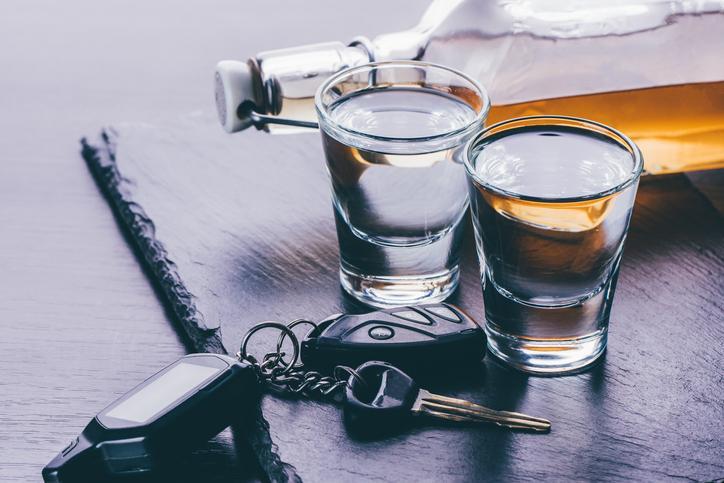The number of DUI-related vehicle accidents resulting in fatalities in Florida has declined in recent years, but they still occur all too often. If you drive drunk in Florida and someone is killed as a result, you may be charged with DUI manslaughter, a crime punishable by a lengthy prison term as well as stiff fines. Nevertheless, there are defenses available. Having a skilled defense attorney on your side is imperative when facing these charges.
In Florida, DUI manslaughter is defined as causing the death of another human being or unborn child by operating a vehicle while under the influence of alcohol or any other controlled substance such that it impairs the person’s normal faculties. This can be shown by a blood alcohol level or breath alcohol level of at least 0.08 percent or by the presence of specified drugs in the bloodstream. Even a police officer’s visible perception of drug or alcohol impairment alone can support a conviction.
DUI manslaughter can be a first-degree or a second-degree felony depending on the circumstances. If the defendant knew or should have known at the time that a crash or other impact occurred but failed to give information and render aid, the offense rises to a first-degree felony. This includes fatal hit-and-run accidents.
A conviction of DUI manslaughter of either degree carries a mandatory minimum prison sentence of four years. The potential maximum prison term is 30 years for an offense of the first degree and 15 years for second degree. A fine of up to $10,000 can be imposed in either case.
As with all DUI, cases, physical evidence of impairment is difficult to contest. However, other aspects of a DUI manslaughter may be challenged, including these:
- Legality of traffic stop — The police may have lacked reasonable suspicion to justify stopping the defendant’s vehicle.
- Legality of testing — The arresting officer may have lacked probable cause to conduct a field sobriety test or a chemical test.
- Propriety of testing or evidence handling — Breathalyzer or chemical test results may be inadmissible due to a defect in the machine or in the process of taking the tests and/or preserving the test results.
It is also possible to obtain leniency in sentencing. A recent analysis published by the Miami Herald indicated that actual sentences for DUI manslaughter vary widely case to case, depending on the county, the judge, the victim, the defendant’s criminal history and the efforts by victims’ families to influence the outcome. It is important for the accused to hire a skilled and experienced DUI attorney who is knowledgeable in Florida law to obtain the best possible outcome.
If you have been charged with DUI manslaughter in Florida, the attorneys at Largey Law can provide you with a solid defense and present strong evidence justifying a reduced sentence. To schedule a free initial consultation, contact us online. We have offices in Tavares, Clermont and Inverness.


